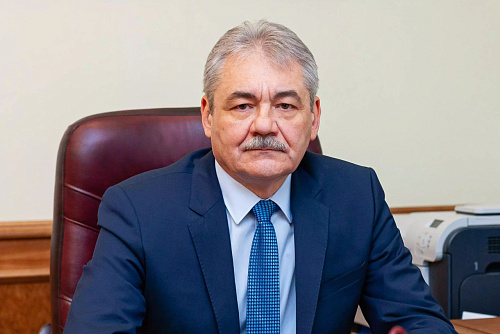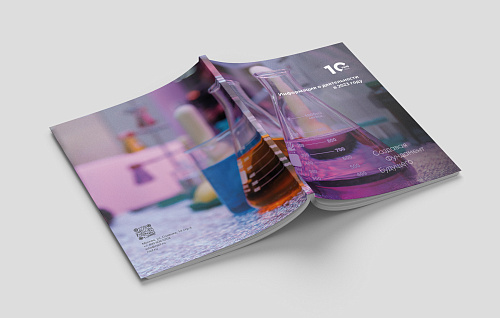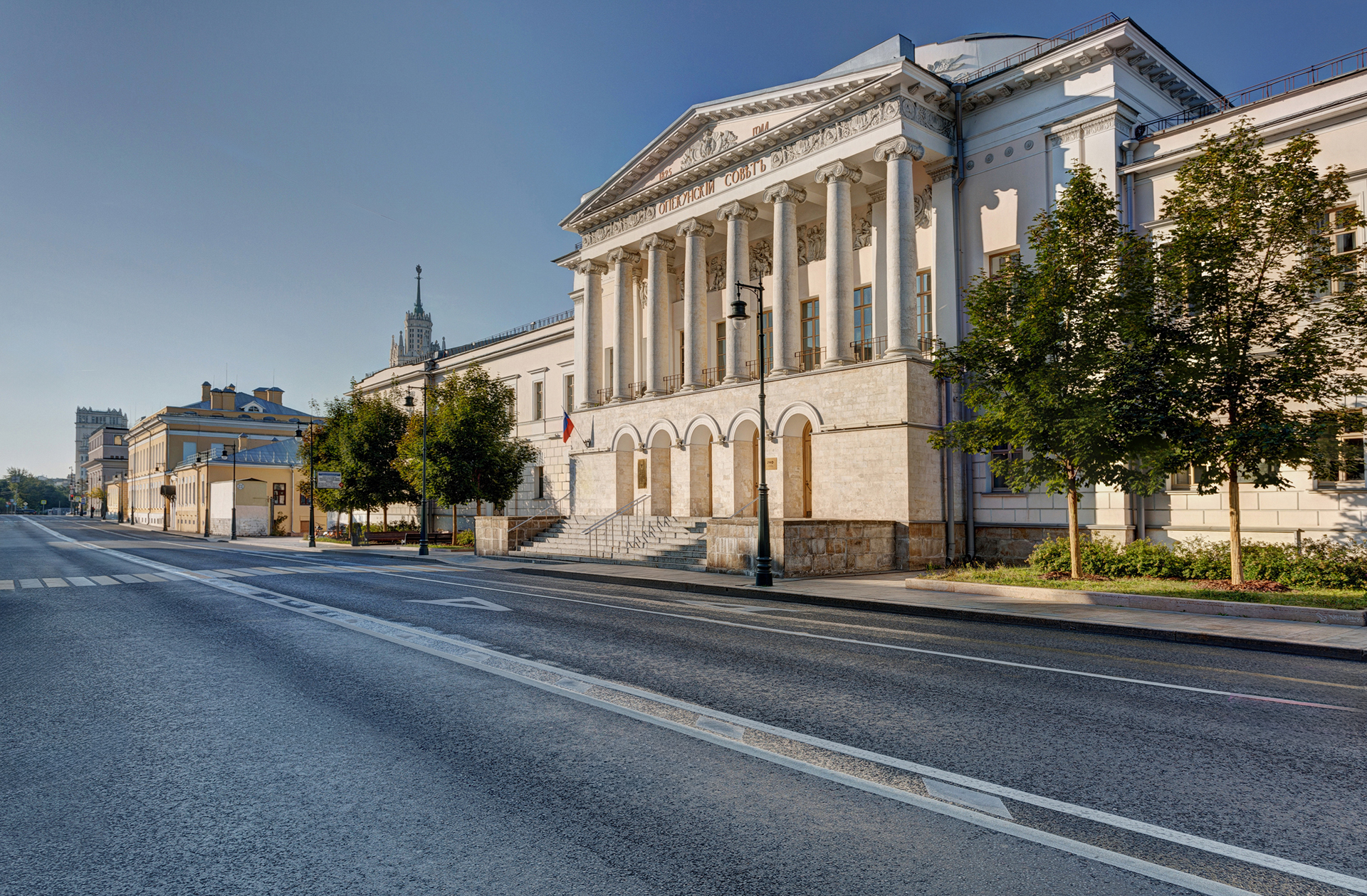
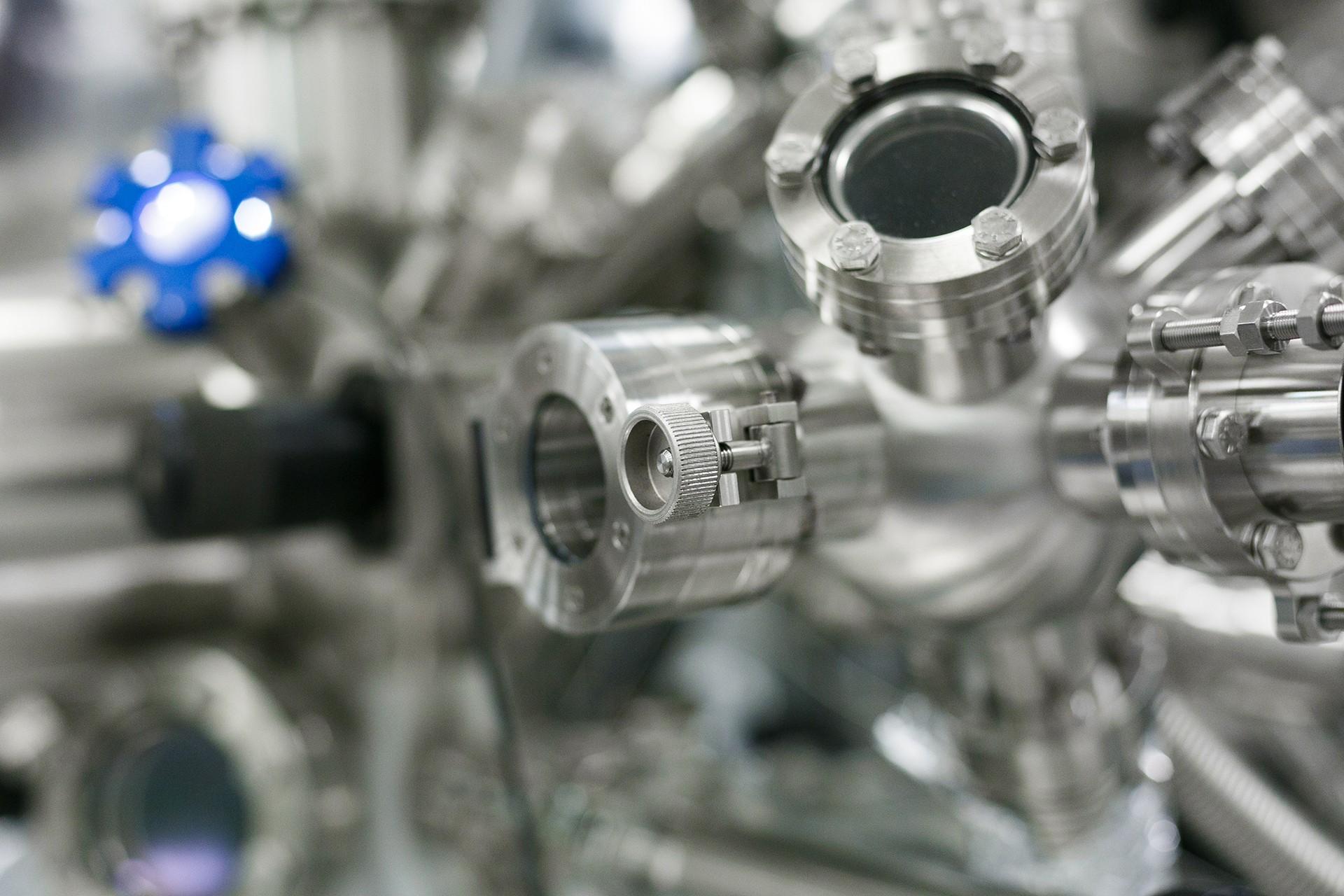
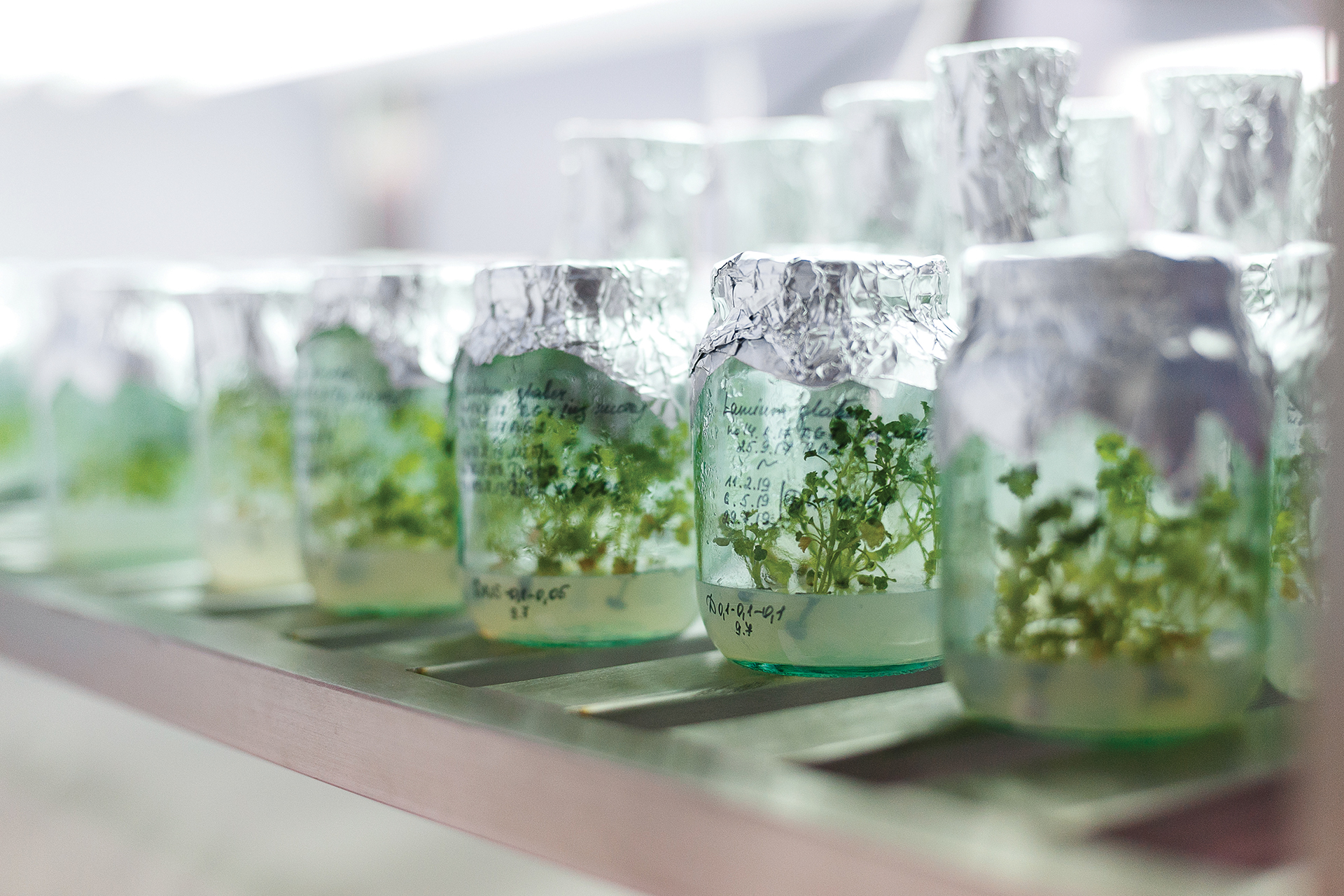
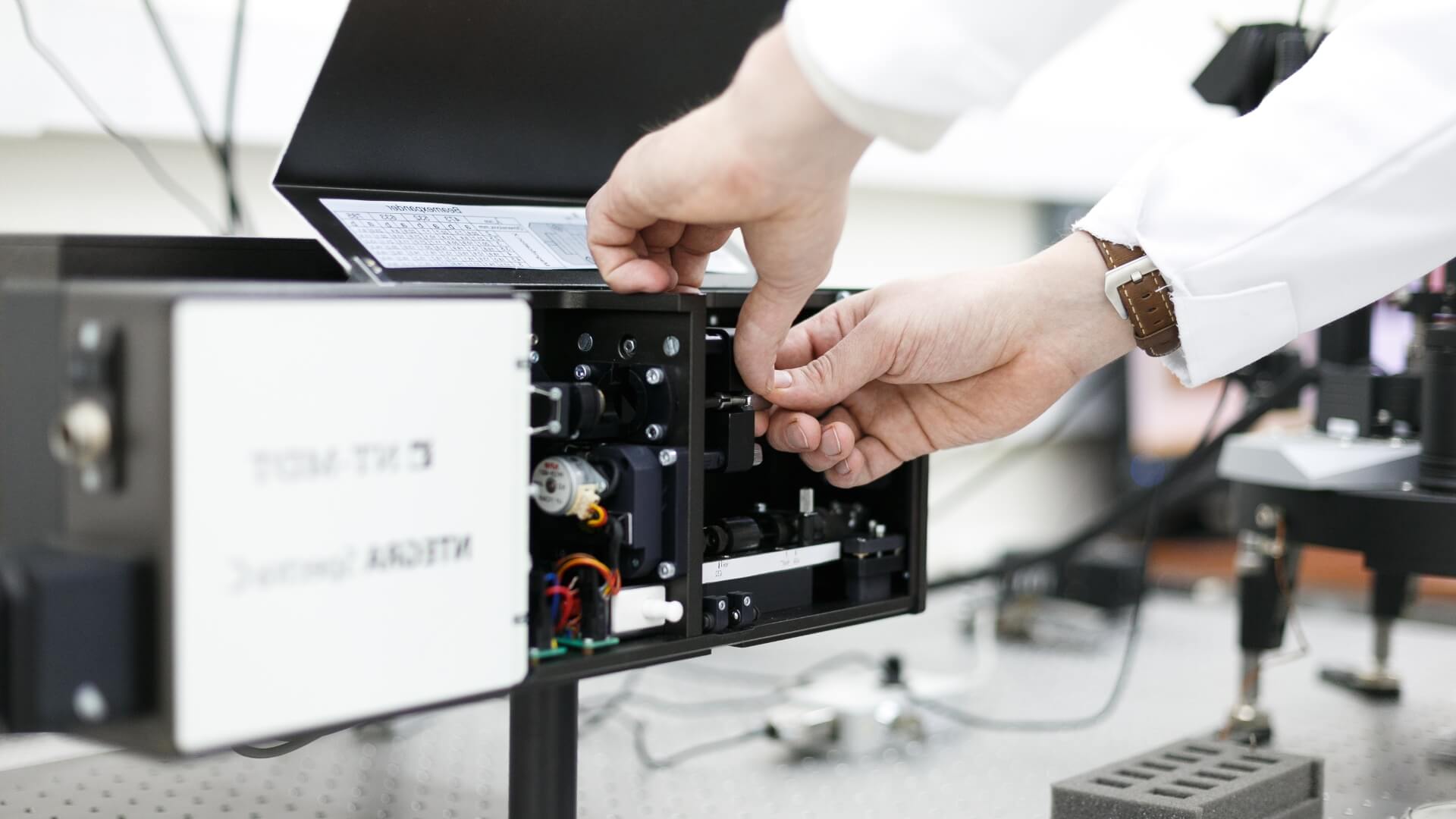
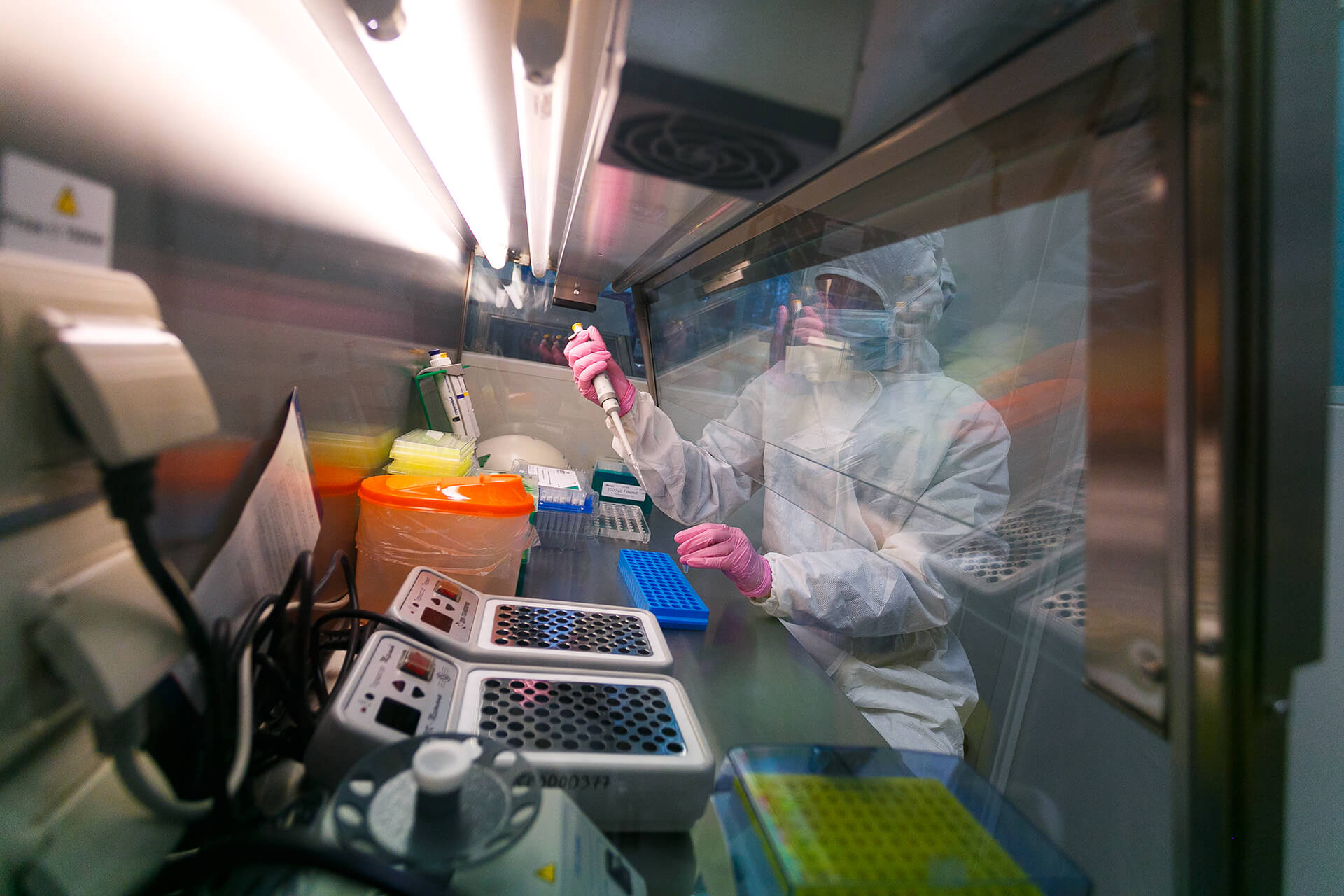
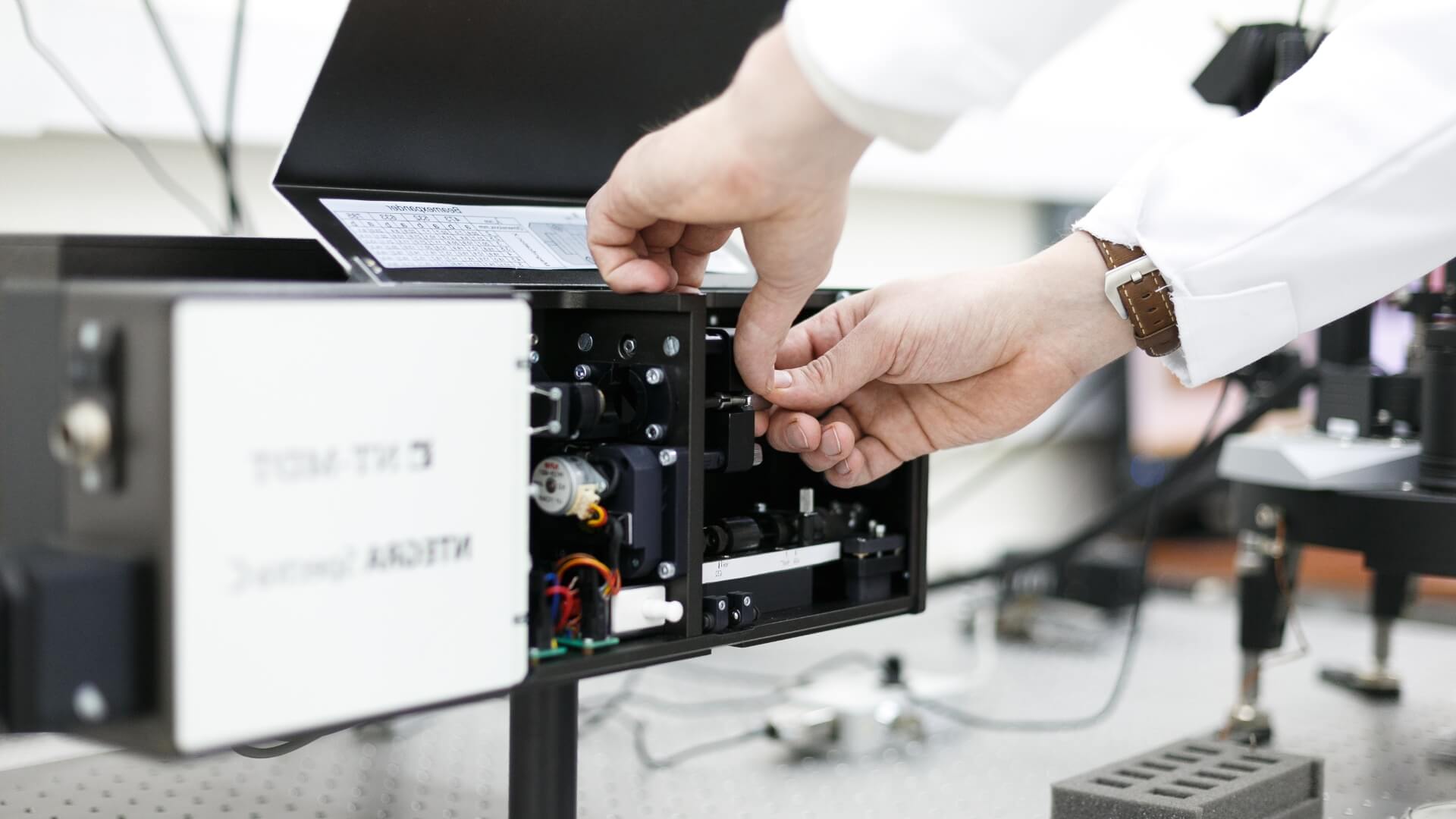
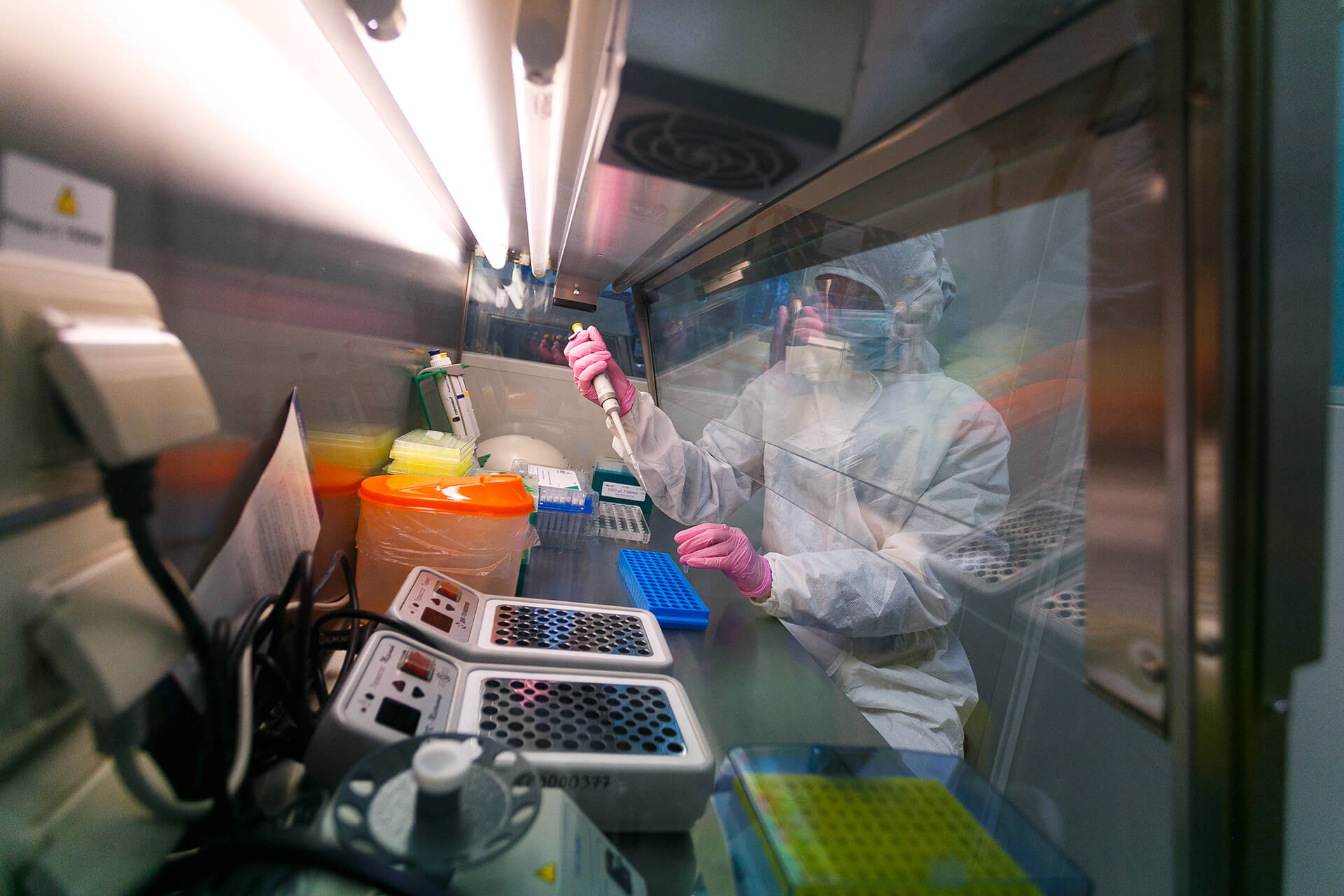
The Russian Science Foundation’s policy is in line with its slogan: “Transparency. Competency. Results.” And this policy is bearing fruit. The key result is Russia is back to the world-class level in several research areas. International peer-review has also confirmed this. In 2017, Russian Science Foundation grantees published over 10,300 articles in journals indexed on the Web of Science. A total of 4500 publications appeared in the highly cited first quartile journals, including 8 articles in Nature; 13 in Science; 3 in Chemical Reviews; 2 in Advanced Materials; and 1 in Accounts of Chemical Research.
In total, the RSF-funded projects resulted in the publication of 23,700 articles.
“We should be just as proud of these results as we are of the achievements of our country’s athletes,” Mr. Khlunov asserted.
Mr. Khlunov was extremely pleased that biology, life sciences and basic research for medicine caught up to physics and chemistry that used to be the traditional leaders in terms of the number of applications submitted and funded. In 2017, the trend was quite clear.
“Maybe this is typical for project funding only, and not for the Russian science in general,” Mr. Khlunov noted. “Nonetheless, we see that certain changes are there, and we are pleased that in Russia, as in the rest of the world in general, research areas that mostly contribute to the people’s quality of life are developing rapidly.”
In order to help get a better understanding of the Foundation’s work, Mr. Khlunov presented a “visualization” of the Russian Science Foundation’s posotion in the whole context of the Russian science. In 2017, the Foundation’s funding (18.5 billion roubles) accounted for a mere 5.4% of the total volume of state funds allocated for civil science (340 billion roubles). Whereas, the research output, the articles published by Russian Science Foundation grantees accounted for 16.4% of all Web of Science publications by Russian scientists.
No doubt, the scale of support for research teams is worthy of credit. During the reporting period, the Russian Science Foundation funded 2942 projects and programmes engaging 28,900 scientists.
The Russian Science Foundation is rightfully proud of its intelligently designed in line with the highest world standards multi-layer peer-review system. The legal provisions for the calls for proposals are being improved constantly. The foreign partners of the RSF believe the standards set by the Foundation are aligned with global trends in review. Mr. Khlunov said that the Russian Science Foundation uses the external expert pool of 6000 highly respected scientists, with 20% of them coming from abroad. He said that one of the key events of the reporting year was the scheduled rotation of the review board members. The academic community ranked the candidates in expert council through an online voting. Over 3000 Russian scientists participated in that voting. The RSF Board approved 28 highly qualified researchers untrusted by the research community; now, more than 40% of the expert council members are renewed. The Director General promised that the rotation would continue in 2018 and so forth.
2017 will go down in the Russian Science Foundation history as the year when the Presidential Research Funding Programme – a new set of calls intended to support leading scientists, including young research leaders, postdocs, world-class laboratories, and unique research infrastructures programmes offering the best teams opportunities of efficient and integrated work – was launched.
Mr. Khlunov also talked about the results of the 3 calls under the Presidential Research Funding Programme. He noted that two calls – for postdocs and young research team leaders – would be held again on the yearly basis; the relevant pre-announcement was made recently. The Foundation raised the issue of initiating the fourth infrastructural call and adjusted its approaches based on the results of the subsequent discussion.
It should be noted that the Presidential Research Funding Programme significantly changed the age distribution of the RSF-funded project investigators in 2017. The number of project investigators in the age range of 30–35 is now greater than that in the age range of 60–65. There are reasons to believe that the early-career researchers who receive a good impetus at the start of their academic career will significantly improve the situation in Russian science in the near future, Mr. Khlunov said.
The Foundation analysed the breakdown of Presidential Research Funding Programme’s projects by priority areas listed in the Strategy for the Scientific and Technological Development of the Russian Federation. The applicants were most interested in the areas of advanced digital technologies, personalized medicine and environmentally clean and resource-saving power economy. For some reason, such promising and knowledge-intensive areas as counteracting technology-related risks and terrorism, smart transportation and telecommunication systems did not attract particular attention from the research community.
The final and the most cheerful note of the press conference was the announcement that the RSF had recently announced the winners of two important calls – for the extension of the projects started in 2015 and for the projects carried out by research teams in 2018-2020, the latter being particularly popular with the research community.
